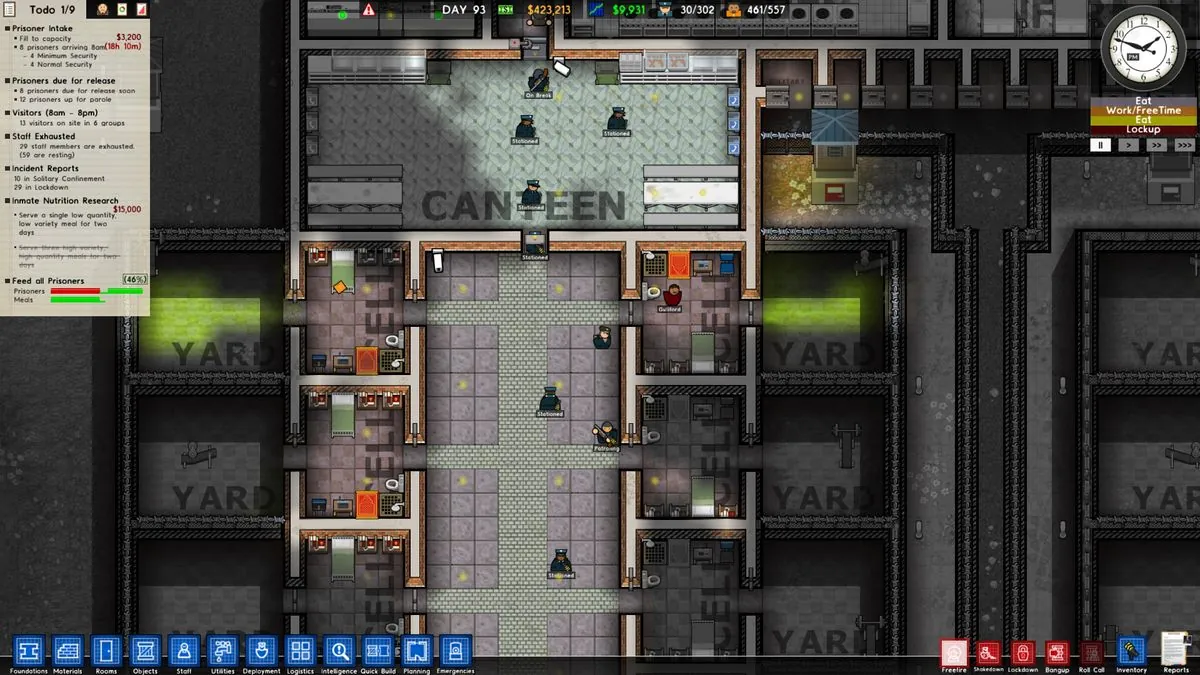Missouri Inmate Escapes Death Row After DNA Test Discrepancy
Marcellus Williams, convicted of a 1998 murder, will avoid execution and receive life imprisonment without parole. DNA testing on the murder weapon did not match him, leading to a plea deal.

Marcellus Williams, a 55-year-old Missouri inmate, will evade capital punishment and instead receive a life sentence without the possibility of parole, according to prosecutors. This decision comes after DNA testing on the murder weapon failed to match Williams.
Williams, who was scheduled for execution next month, will enter an Alford plea to a first-degree murder charge on August 22, 2024. This plea arrangement with prosecutors will nullify his original conviction while allowing him to maintain his innocence.

The case dates back to 1998 when Felicia "Lisha" Gayle was fatally stabbed 43 times in her suburban home. Williams was convicted in 2001, primarily based on testimony from two witnesses that prosecutors now describe as "unreliable." This conviction highlights the potential inaccuracies in eyewitness testimony, which studies have shown can often be unreliable despite its historical importance in criminal cases.
Judge Bruce Hilton of St. Louis County Circuit Court acknowledged "constitutional errors" during the trial that "undermine confidence" in the verdict. The judge also noted that Gayle's family did not wish for Williams to be executed.
The Alford plea, named after a 1970 U.S. Supreme Court case, allows Williams to accept the prosecution's evidence as potentially sufficient for conviction while maintaining his innocence. This legal maneuver brings a measure of closure to the case while avoiding a new trial.
DNA evidence, first used in a criminal case in 1986, has played a crucial role in this case and many others. Since 1973, over 190 people have been exonerated from death row in the United States, with DNA evidence contributing significantly to many of these exonerations. Organizations like the Innocence Project, founded in 1992, have been instrumental in using DNA testing to free wrongfully convicted individuals.
Tricia Rojo Bushnell, Williams' attorney, stated:
"Marcellus Williams is an innocent man, and nothing about today's plea agreement changes that fact. By agreeing to an Alford plea, the parties will bring a measure of finality to Felicia Gayle's family, while ensuring that Mr. Williams will remain alive as we continue to pursue new evidence to prove, once and for all, that he is innocent."
However, Missouri Attorney General Andrew Bailey opposes the court's decision, arguing that the evidence used to convict Williams remains valid. The St. Louis Prosecuting Attorney's office anticipates Bailey will appeal the decision.
This case underscores ongoing debates about the death penalty in the United States. As of 2024, 27 states still maintain capital punishment, with Missouri having executed 90 people since 1976. The average time between sentencing and execution in the U.S. is approximately 18 years, and studies suggest that about 4% of death row inmates may be innocent.
The resolution of Williams' case reflects broader trends in the application of the death penalty. In 2023, only 24 executions were carried out in the U.S., a significant decrease from the peak of 98 in 1999. This decline coincides with growing concerns about the cost and potential for wrongful convictions in capital cases.
As the only Western nation that still employs capital punishment, the United States continues to grapple with its complexities and controversies. The Williams case serves as a reminder of the ongoing challenges in ensuring justice within the criminal legal system.


































